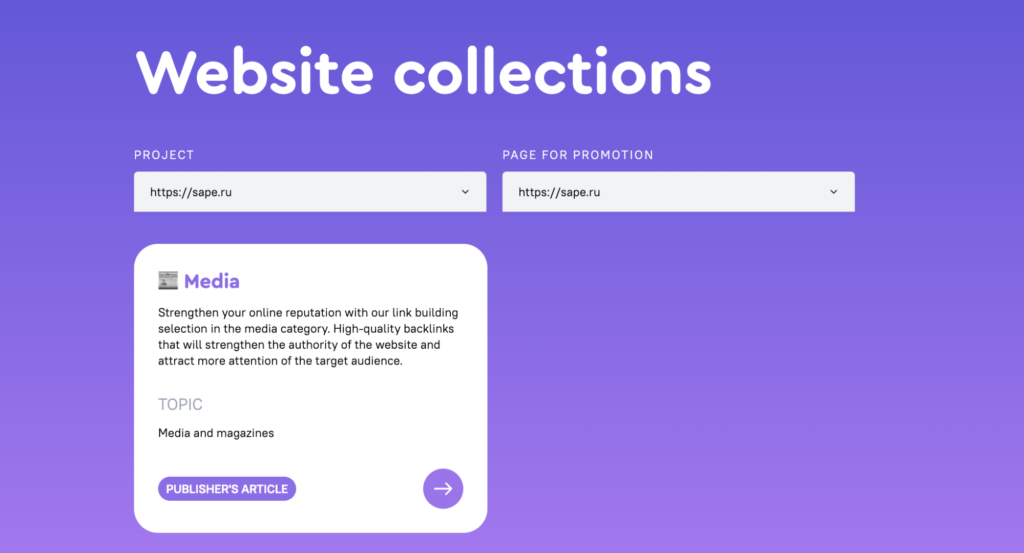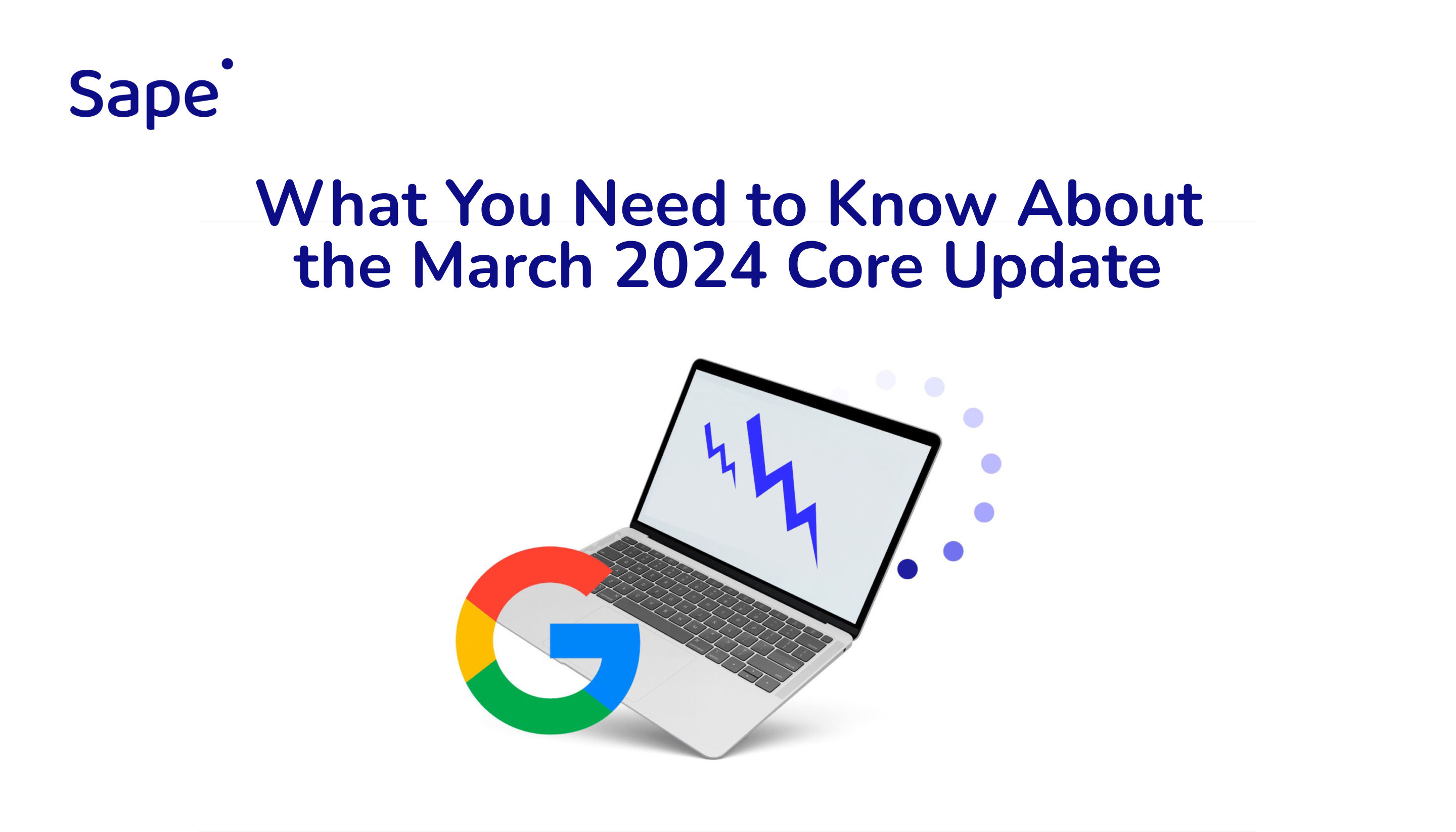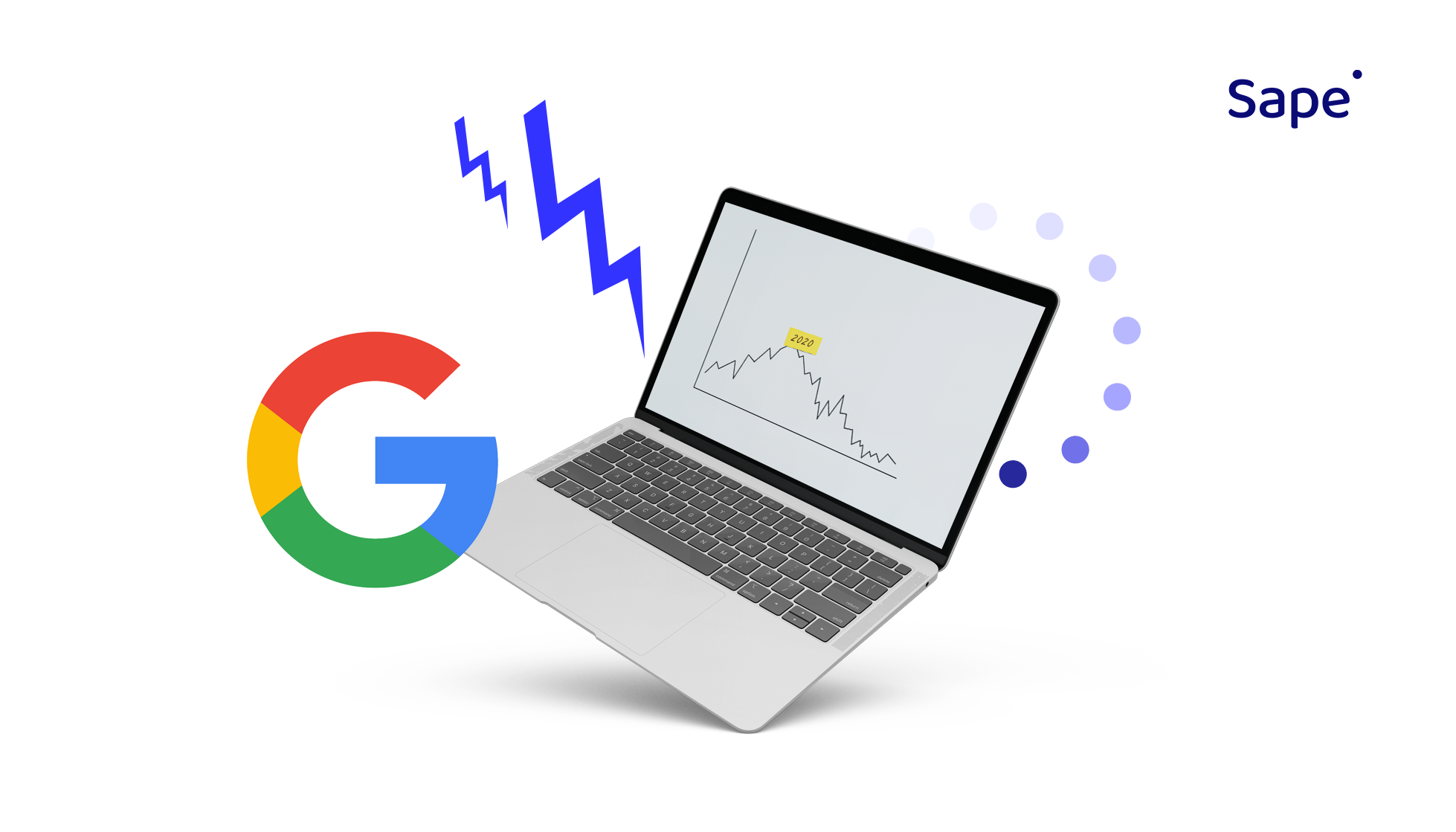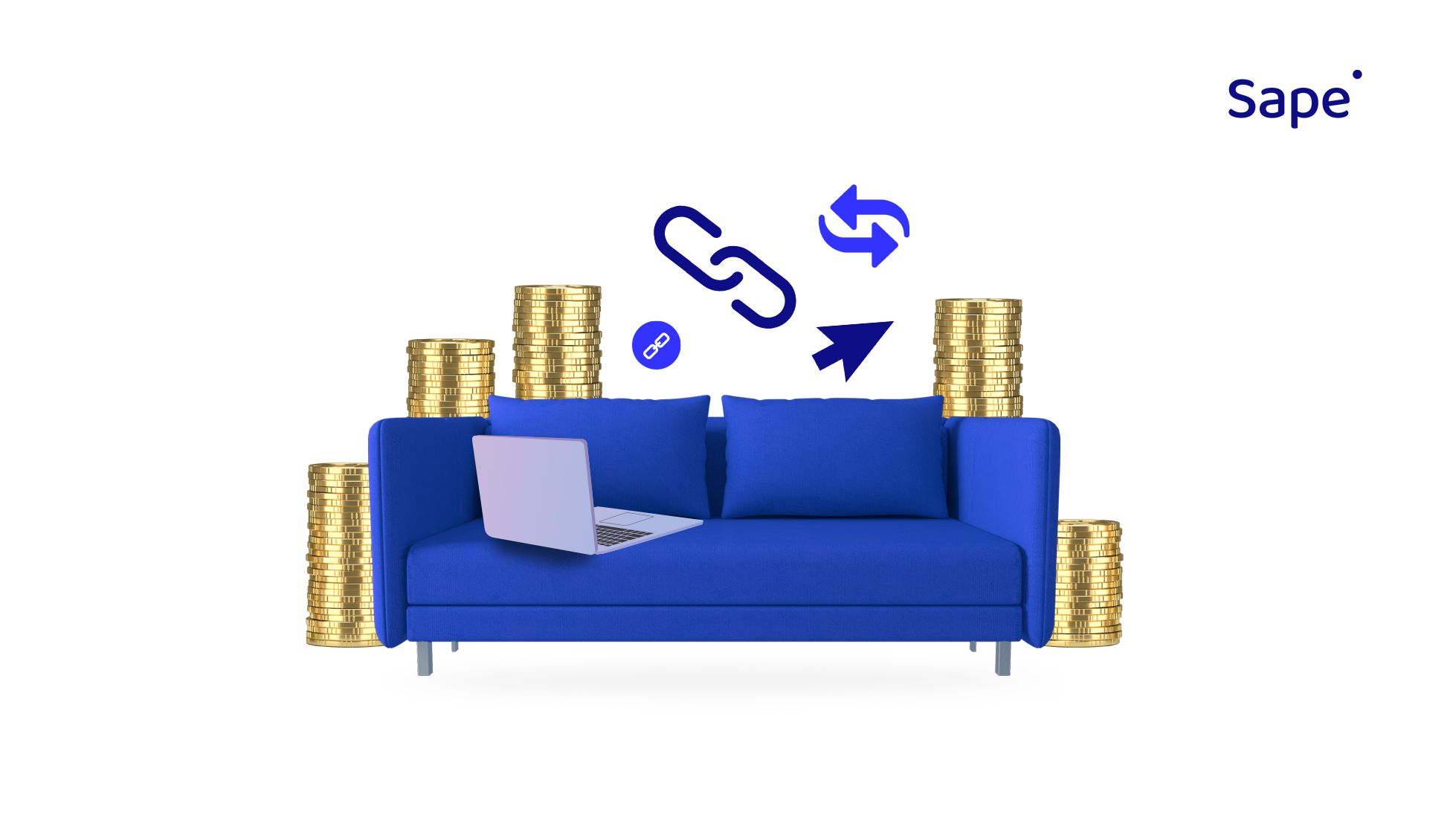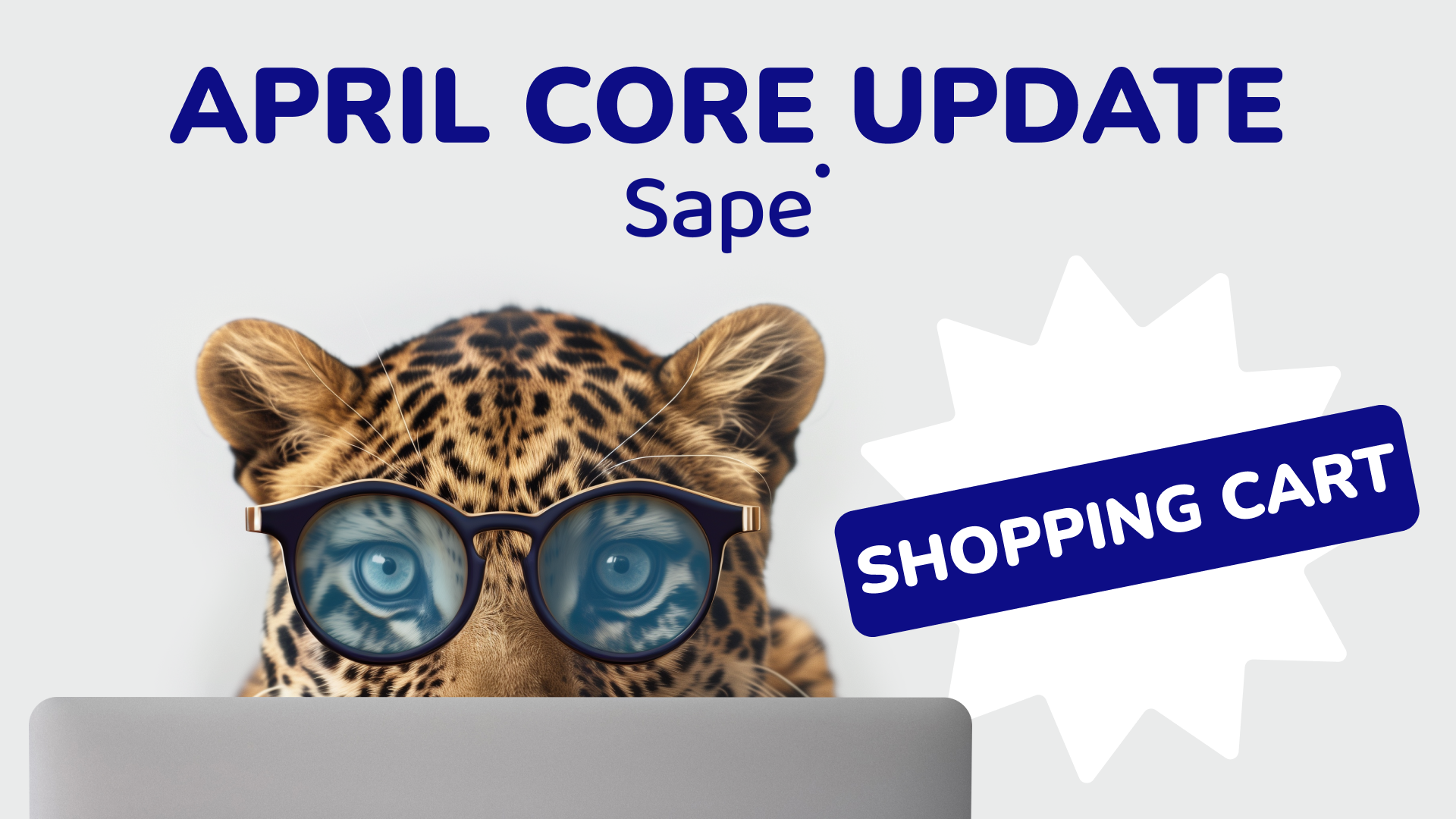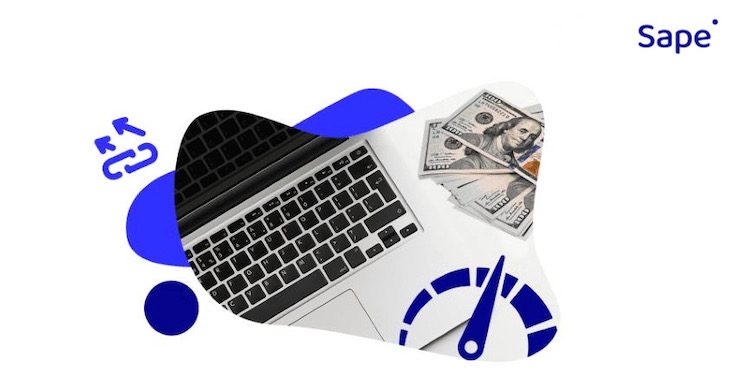We've closely examined the latest updates from Google regarding changes to their algorithm and spam policy and are here to share what to expect.
The search engine released a major update for March 2024. The deployment may take up to a month. Additionally a spam policy update and an anti-spam algorithm update have been launched. The deployment may take 2 weeks.
The updates target sites with low-quality user experience (UX) that seem to be created solely for search engines and not for users. This primarily includes sites created on drop catches, as well as those containing unoriginal, spammy, or artificially generated content without proper editing.
Three New Rules Regarding Spam
1. Expired Domain Abuse
Google has warned about the negative impact of using domains previously owned by other organizations or institutions to host content that does not match the domain.
For example, a domain that was previously used for educational purposes and contained information about school education now redirects users to a gaming content site. Or a former medical portal that had a domain related to health is now used to sell household appliances.
2. Scaled content abuse
This refers to the creation of large volumes of unoriginal and/or automatically generated content to manipulate search results.
For example, creating a network of sites that automatically generate content using artificial intelligence by combining texts from various sources and publishing them on different domains. This content does not provide any value to users but is created to fill search results and increase the visibility of the company's sites. Resources may contain many pages with uniform descriptions of products or services created solely to attract search traffic.
3. Site reputation abuse
Site reputation abuse involves publishing third-party content without proper control by the publisher.
For example, a factory site that publishes reviews about high-interest loans or cosmetics reviews—content that contradicts its main theme.
However, the following types of content should not be considered a violation of the site's reputation:
- Informational materials and press releases intended to inform the public about events and news. Their publication is not considered a violation as the goal of such content is to provide current information that is useful to users.
- UGC sections where people can share their opinions and reviews through forums and comments. This content is user-generated and promotes active interaction on the site, which is a positive factor for its reputation.
- Advertising pages and native advertising that are part of site monetization but are not intended to manipulate rankings. Advertising is a standard practice for many sites and should not be considered a violation if it adheres to the rules and does not mislead users.
How to Minimize Negative Impact When Implementing a Link Building Strategy
As the updates are not fully deployed yet, it's difficult to say how much they will change the work of link builders and SEO optimizers. However, it is clear that there is no need to panic and change the strategy immediately. So far, it can be concluded that the updates affect a minor part of the market and do not change the global algorithms of the search system
To avoid traffic loss, check your content with AI detectors, rewrite it as necessary, and analyze your link profile. If it contains strange links obtained not by you, especially in a non-thematic environment, it's better to gradually replace them or use the Disavow links tool..
Our team is working to provide you with quality solutions for managing your link profile. In Sape, there are a whole range of tools for link building that complies with all Google rules and strategies. Thus, you can use:
- Backlinks with sponsored и nofollow
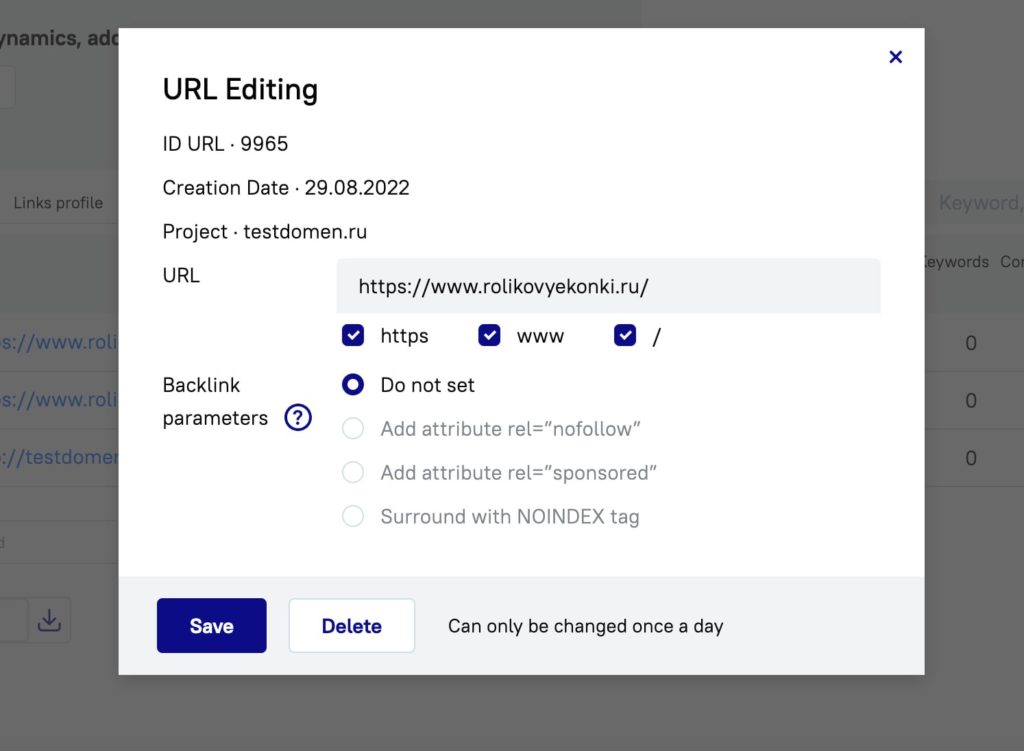
- Spam Score parameter in Site Search
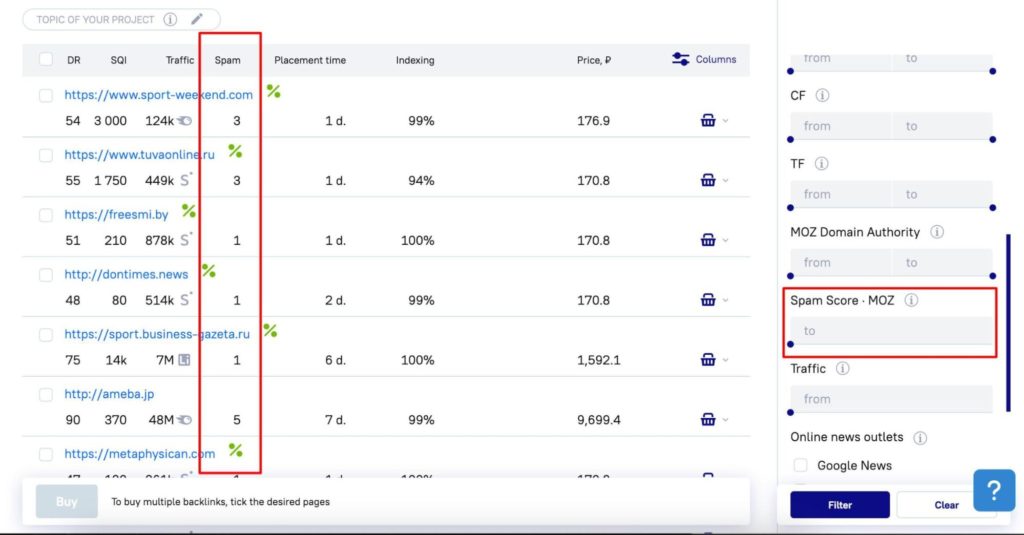
- «Smart Topic» algorithm
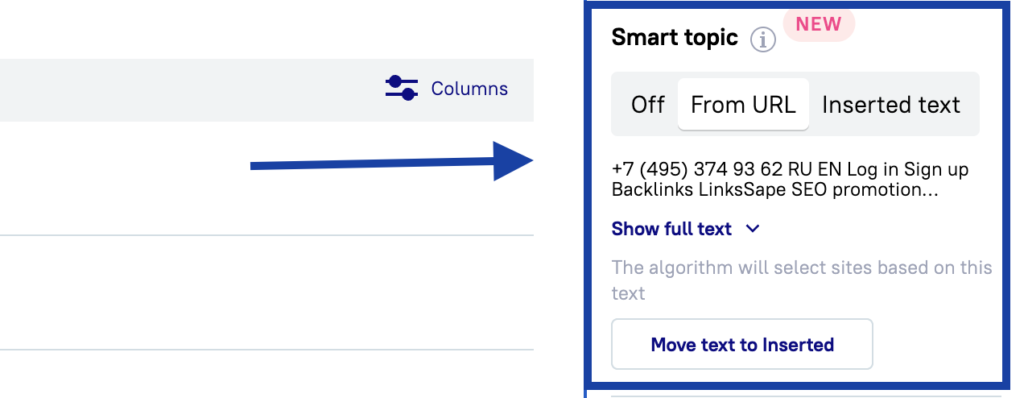
- «Topic Detection» algorithm

- Press release placements on Media category sites
